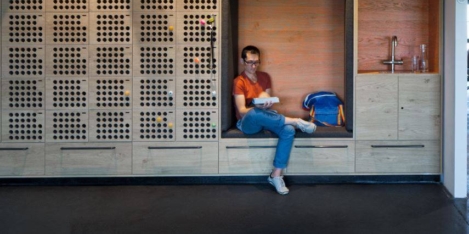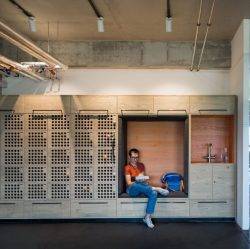April 24, 2019
Women are less likely to negotiate terms of a job offer than men
 A survey commissioned by CV-Library claims that one of the most significant differences between men and women in the workplace is that men are generally less afraid to ask for what they want from an employer. The study of over 1,200 people claims that over half (55.1 percent) of men would negotiate on parts of a job offer, compared to just four in 10 (42.1 percent) women. The study also claims that the terms women are willing to negotiate on also varies widely. The survey suggests that they are more likely to debate working hours (56.4 percent) than men (40.9 percent), whilst men are more likely to negotiate salary (83.1 percent) than women (73.1 percent). (more…)
A survey commissioned by CV-Library claims that one of the most significant differences between men and women in the workplace is that men are generally less afraid to ask for what they want from an employer. The study of over 1,200 people claims that over half (55.1 percent) of men would negotiate on parts of a job offer, compared to just four in 10 (42.1 percent) women. The study also claims that the terms women are willing to negotiate on also varies widely. The survey suggests that they are more likely to debate working hours (56.4 percent) than men (40.9 percent), whilst men are more likely to negotiate salary (83.1 percent) than women (73.1 percent). (more…)















 Workers in the UK are putting the longest hours in the EU, according to a new
Workers in the UK are putting the longest hours in the EU, according to a new 








 Aviva’s
Aviva’s








April 24, 2019
The meteor strike of coworking and the beasts that will remain
by Mark Eltringham • Comment, Flexible working, Property, Workplace design
(more…)